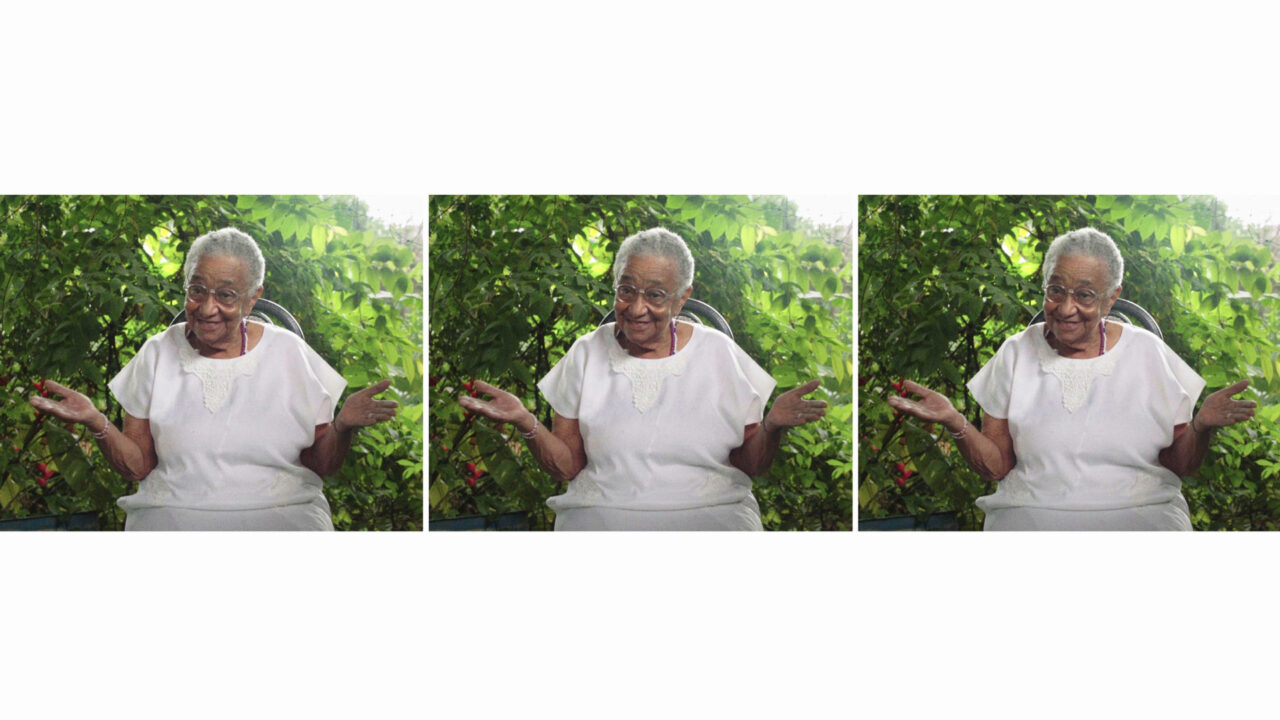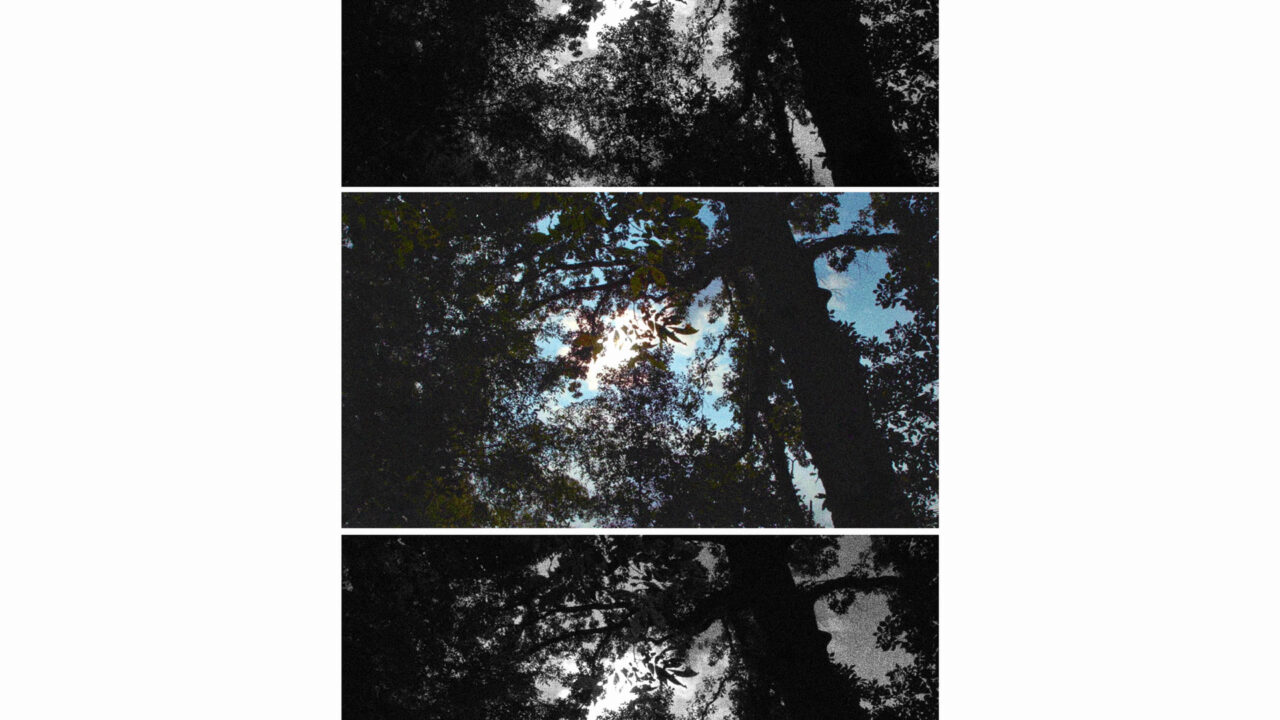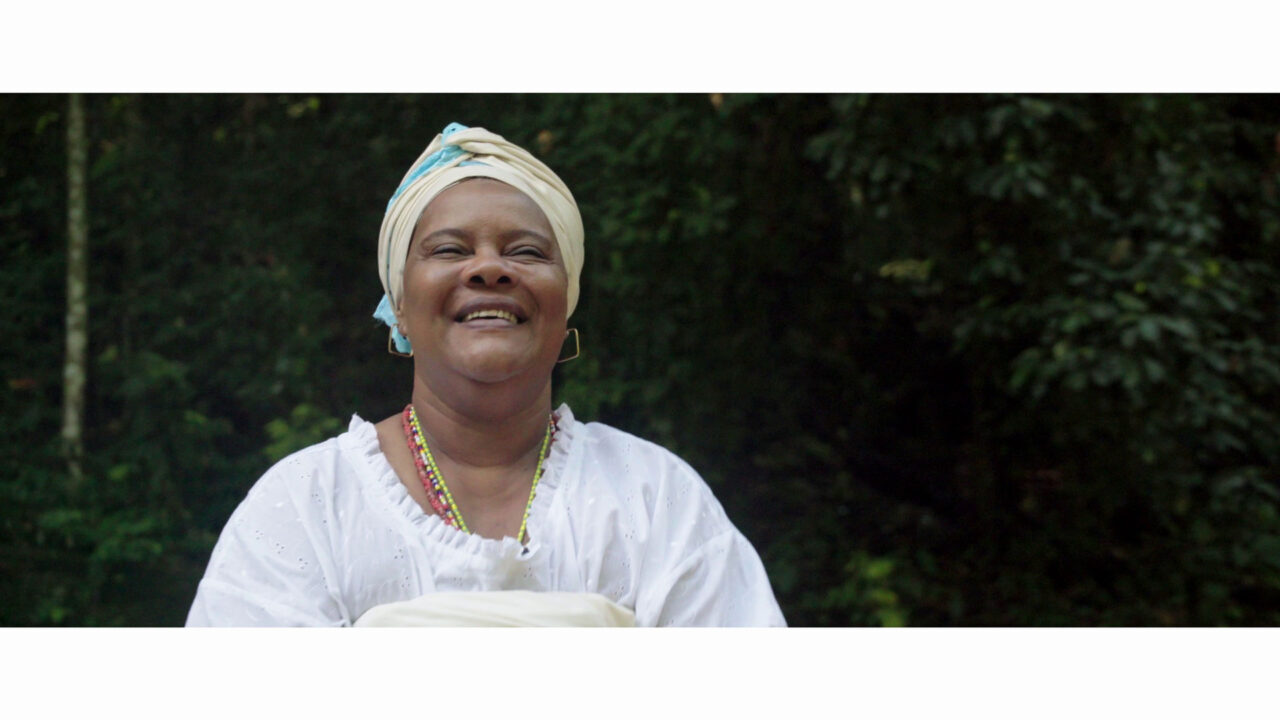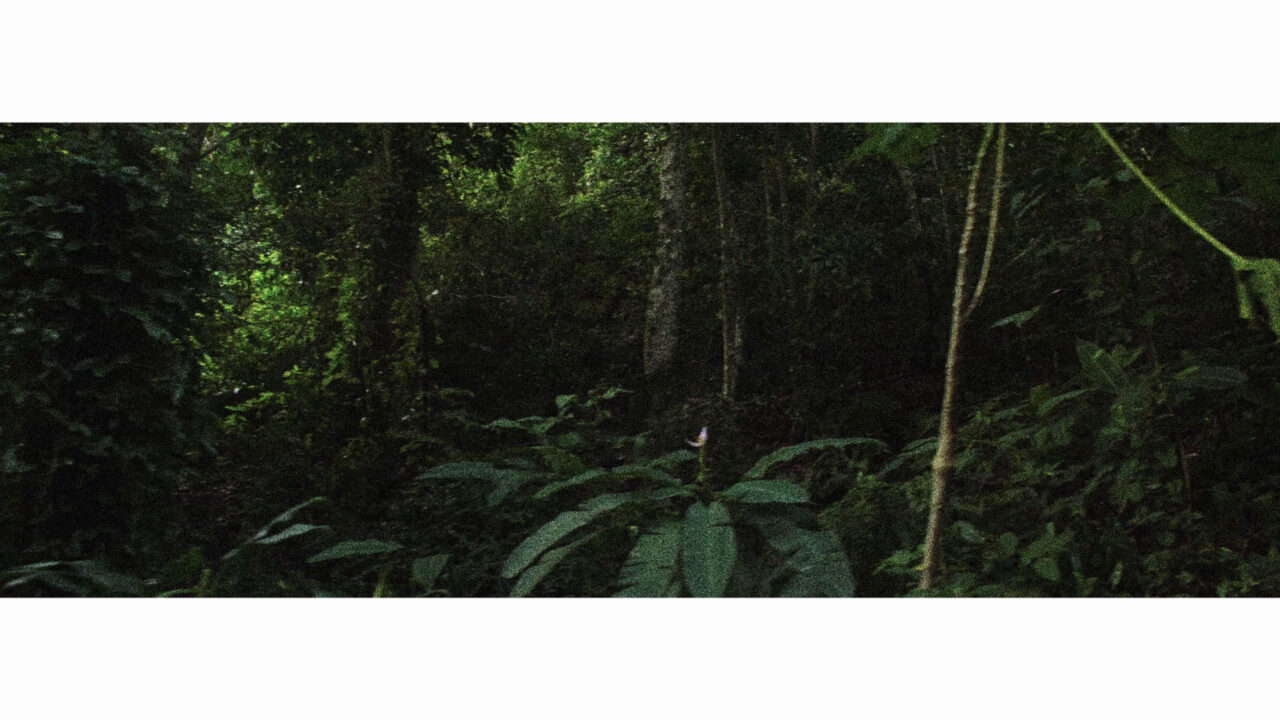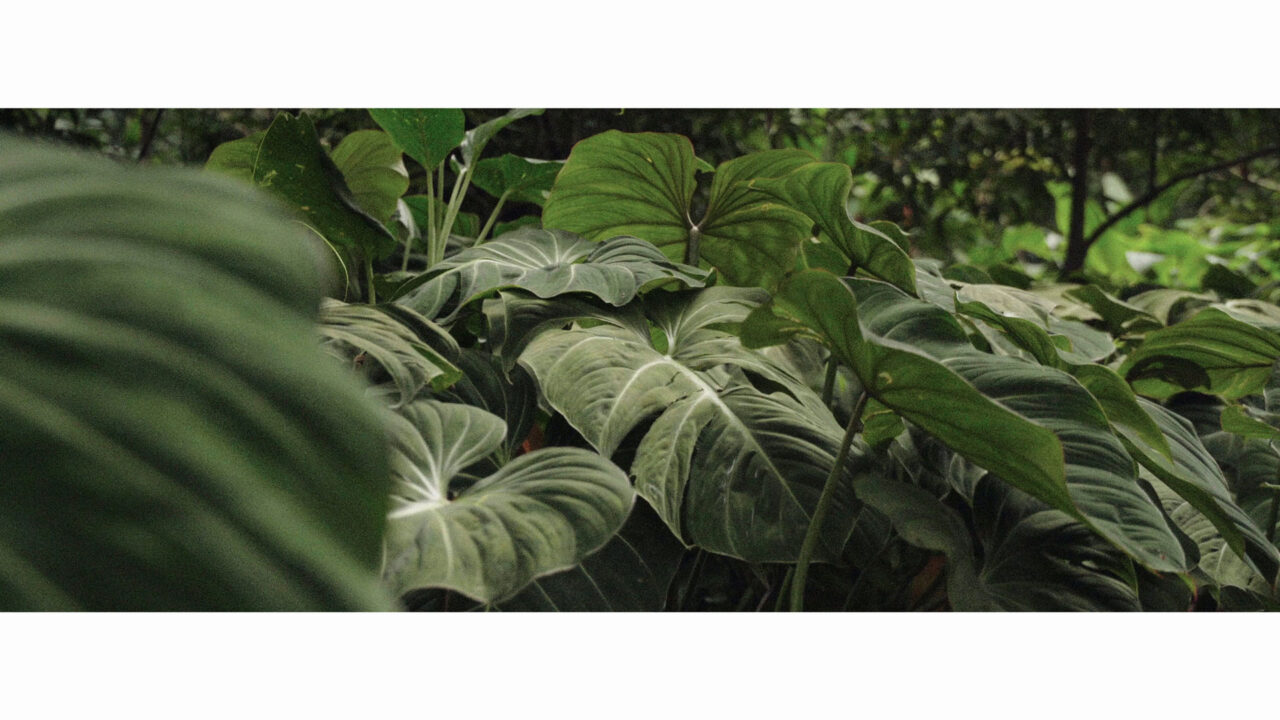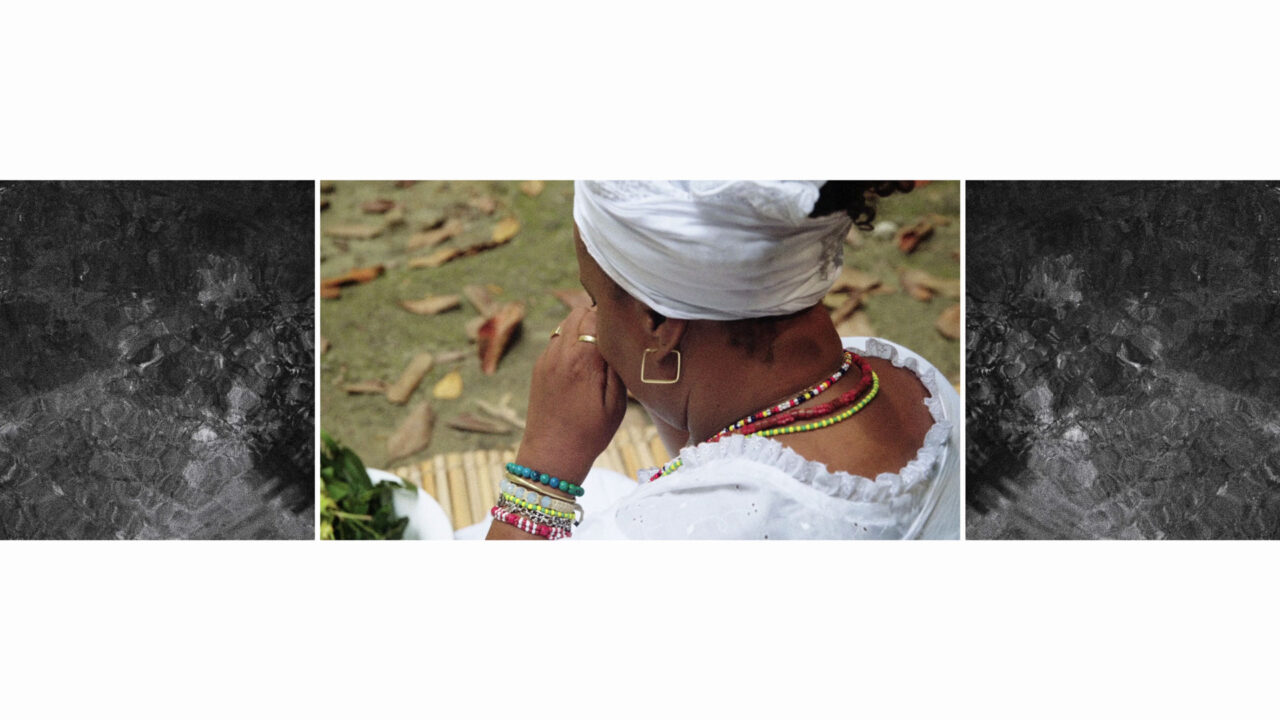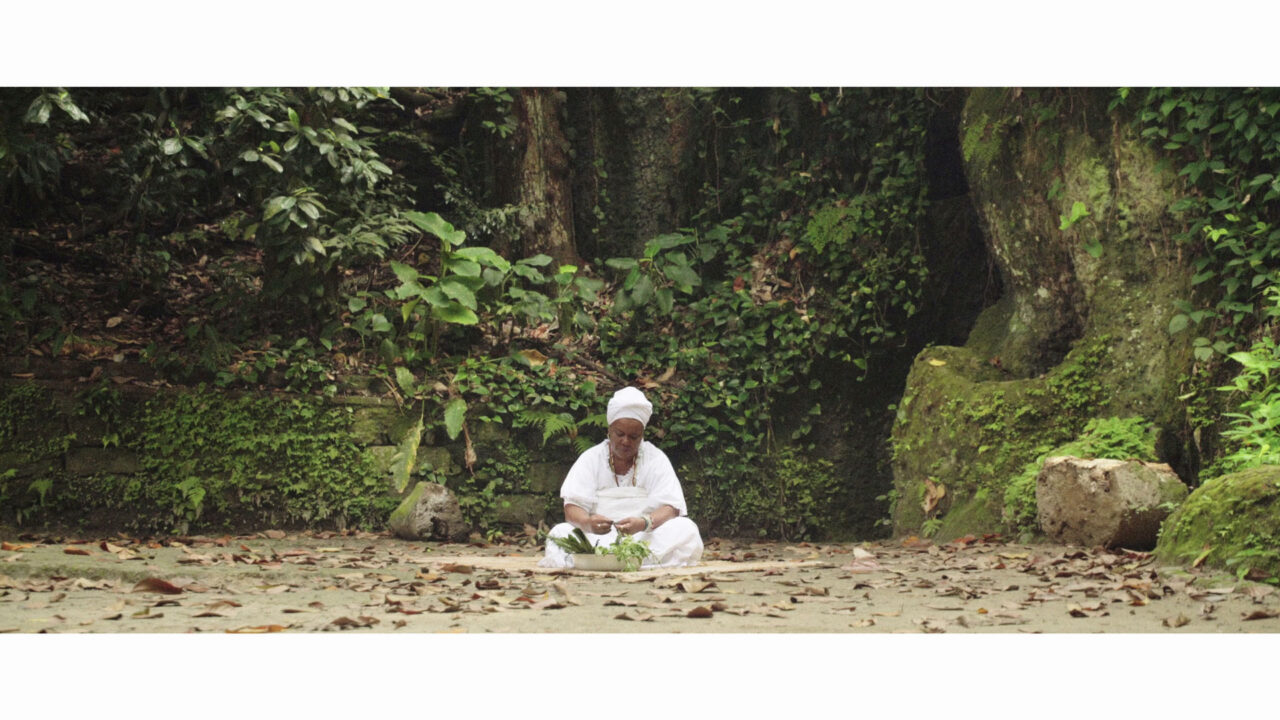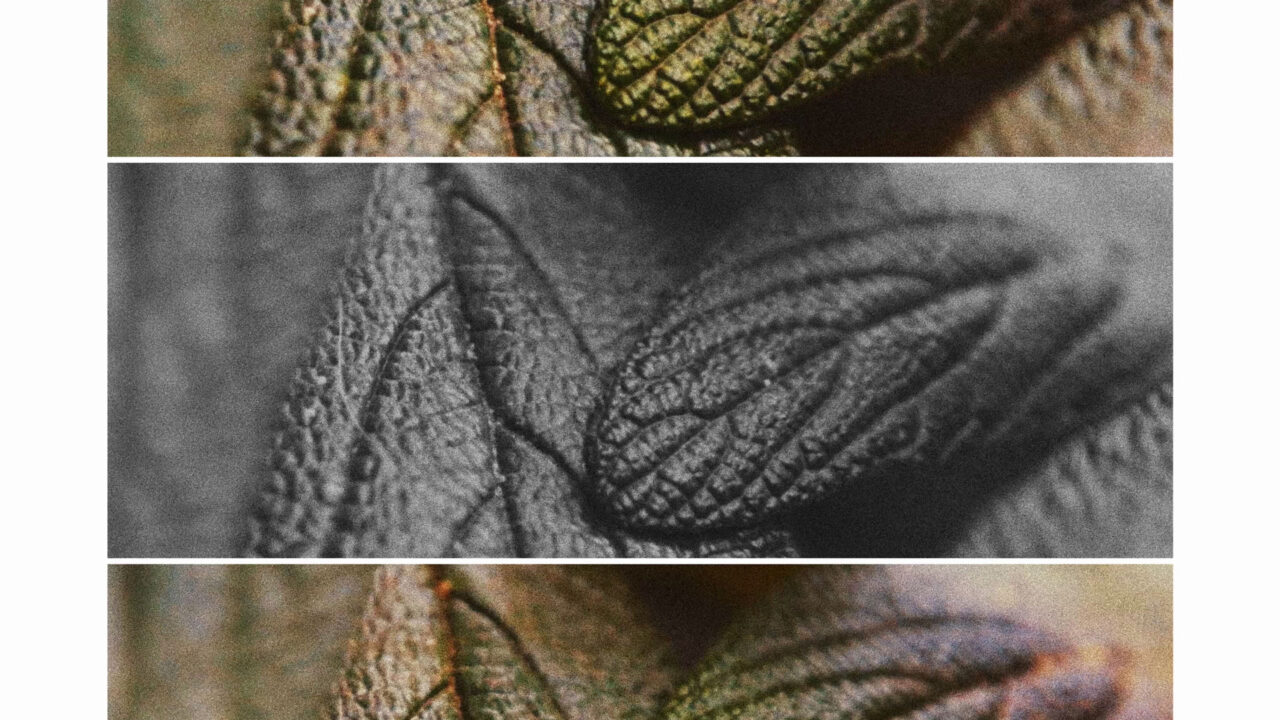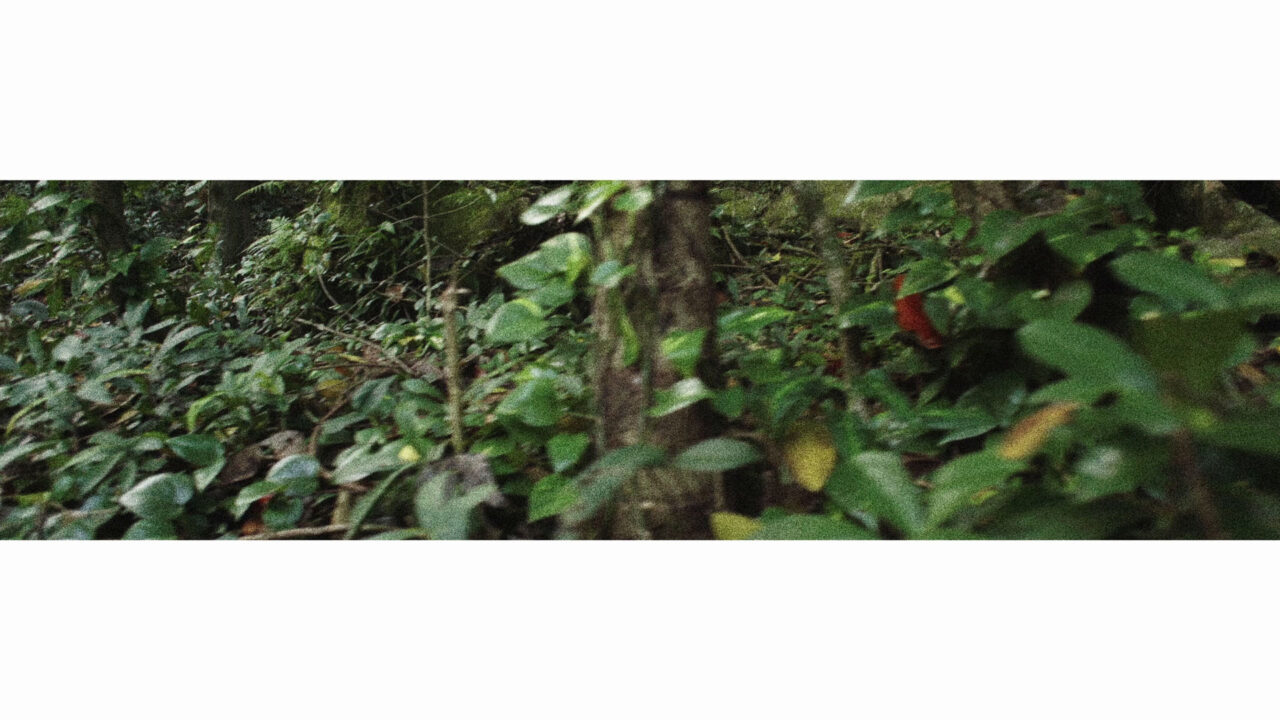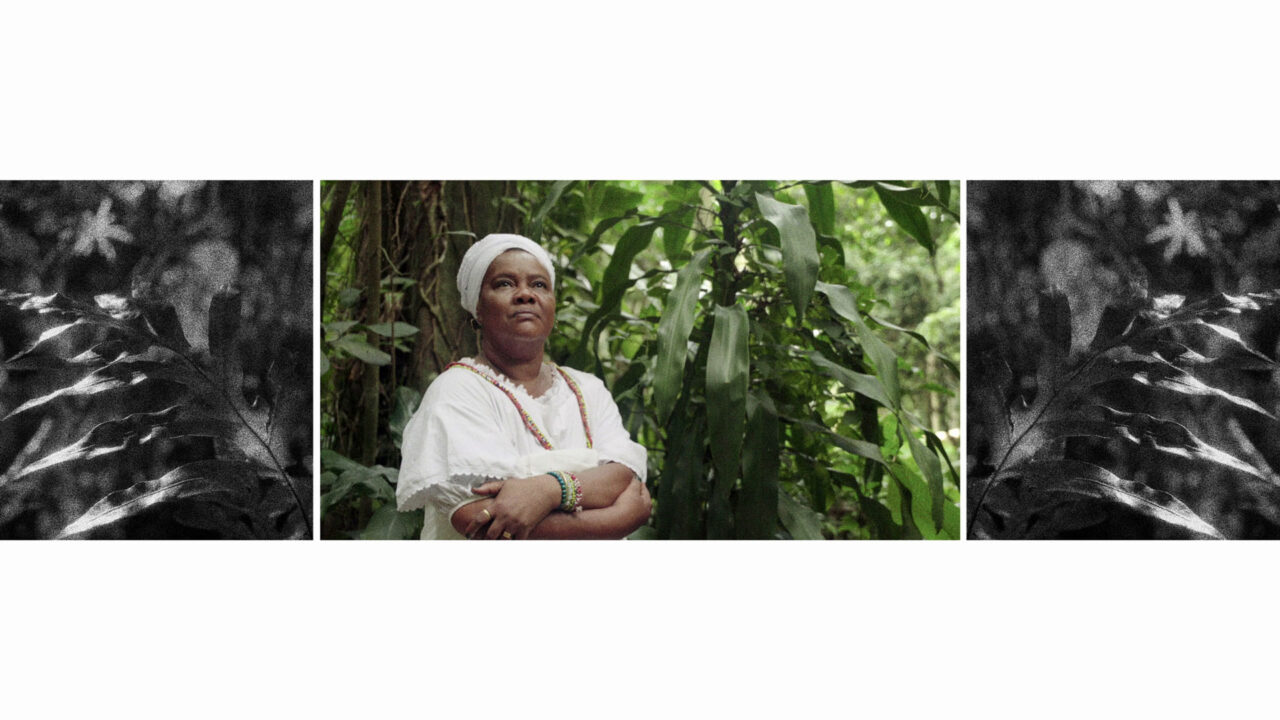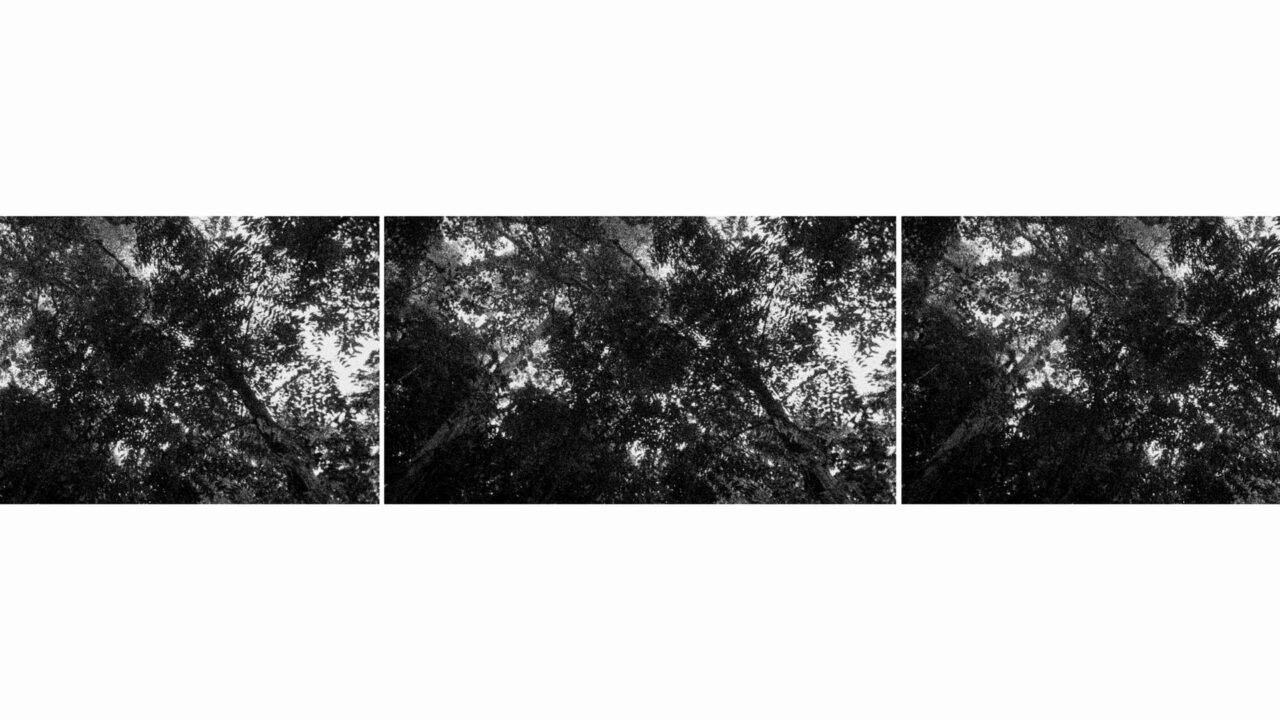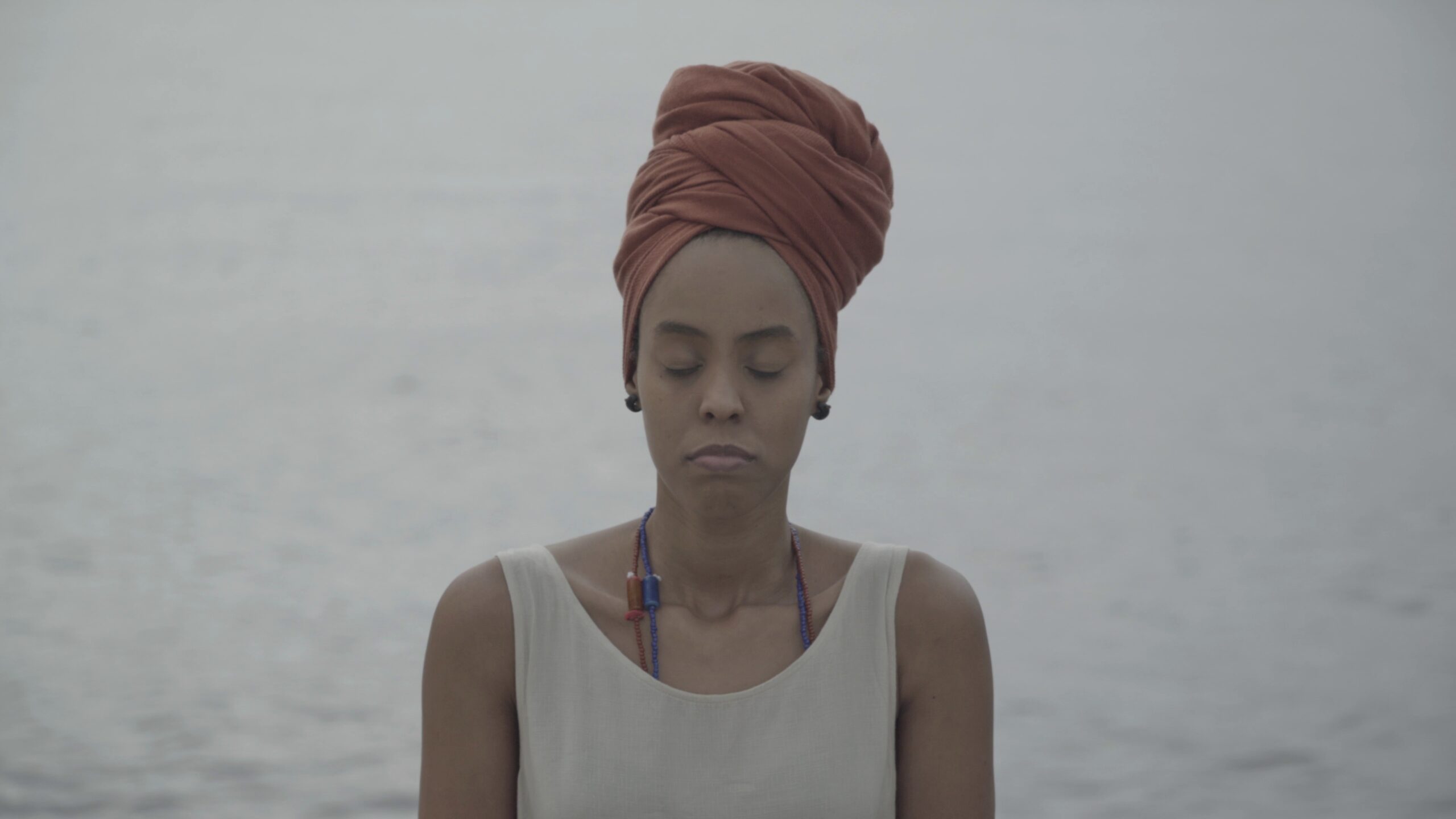Candomblé and the deities, which we call Orixás, are closely linked to nature and are an integral part of it. According to an important Yoruba teaching “Kó si ewé, kó sí Òrìsà”, we learn that “without leaves there is no Orixá”, that is, leaves, forests and herbs are decisive elements for the maintenance and continuity of cults and rites of this religious expression. According to the cosmogony of Candomblé, each deity has its characteristic herbs and each of them, in its own way, is associated with elements of nature, however only one of them has the deepest knowledge of herbs and how to wake them up and potentiate them for the most varied forms of physical and spiritual healing. This great Orixá goes by the name of Ossain, the lord of leaves, science and the mysteries of life. It’s for him and for him that this work is destined.
Great Ladies is an experimentation and investigation that does not end here and that until the present moment has been constructed in a borderline language – which I have felt increasingly comfortable in being and conjugating – that seeks to encompass elements of the visual arts, anthropology and of cinema, fields of study that constitute me as an artist and researcher. The present project was designed from the teachings spread by the traditional, metaphysical and poetic knowledge of two great thinkers of Candomblé called Ebomi Cici de Oxalá and Mãe Celina de Xangô. I’m eternally grateful to them for allowing me to be in their presence and glimpse their immensities.
Ebomi Cici de Oxalá, one of the most respected voices of Candomblé in Brazil, was born in Rio, but chose Bahia as her home in her youth and began her spiritual and professional journey there. She worked with the anthropologist Pierre Verger as a researcher, helping him to organize a large part of his photographic collection. In addition to this important contribution, Ebomi Cici de Oxalá develops, inside and outside Brazil, an important work of maintenance and oral transmission of the traditional knowledge of Candomblé and the mythologies of the Orixás. Mother Celina de Xangô, an important intellectual and Yalorixá from the city of Rio de Janeiro, develops a precious mapping of the sacred and curative uses of the sacred herbs of Candomblé. Work that has been disseminated for some years inside and outside the country with the workshops “The Power of the Herbs”, which recently resulted in the publication of a book written by her and with the same title.
Great Ladies is a work that values craftsmanship, through listening and the process and considers that learning and understanding the mysteries does not end here. The gestation of this filmic and affective nod to Ossain will flow into new forests, waters and discoveries. May the borders – a space that I feel more and more like myself – and the mysteries continue to displace me and teach me with the generosity that I have been embraced by the visible and invisible forces that surround me. Among the fern, fern fetus and bamboo, in the silt of the riparian forest, I greet you: Euê uassá!


